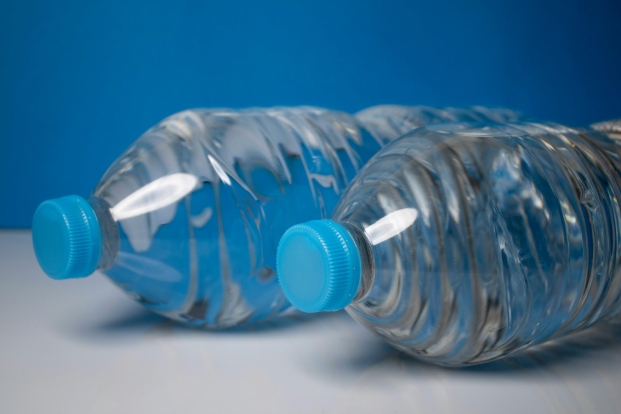Packaged drinking water has long been a popular choice for those seeking safe and convenient hydration. However, recent developments and concerns about the safety and quality of bottled water have cast a shadow over this seemingly simple beverage.
A growing industry with rising concerns
India’s bottled water market has experienced significant growth, reaching a valuation of $3.84 billion in 2024. While this surge in demand reflects the increasing preference for packaged water, it also highlights the need for stringent quality control measures.
The Food Safety and Standards Authority of India (FSSAI) has recently classified packaged drinking water as a “high-risk food category”, underscoring the potential health risks associated with contaminated water. This decision comes in the wake of the Government’s move to eliminate mandatory BIS certification for packaged drinking and mineral water.
The dark side of bottled water
Despite strict regulations, concerns about the safety of bottled water persist. Reports of microbial contamination and the presence of harmful chemicals like pesticides and heavy metals in certain brands have raised alarm bells.
A study by Orb Media revealed a disturbing fact: 93% of the 259 water bottles sampled contained microplastic particles.
Ensuring water safety: A shared responsibility
To address these concerns, FSSAI has implemented stricter guidelines for the packaged water industry. Manufacturers are now required to adhere to rigorous testing protocols for both chemical and microbial contaminants. Additionally, the guidelines emphasise the importance of safe packaging materials, regular third-party audits, and transparent labelling.

As consumers, we play a crucial role in safeguarding our health. Here are some tips to ensure the safety of your bottled water:
- Inspect the bottle: It is important to inspect bottles for any visible damage or signs of tampering and to check the expiry date before buying. Before buying bottled water, look for certifications to guarantee its purity and safety.
- Verify the expiry date: We often see expiration dates on bottled water. Generally, bottled water remains safe to drink for up to six months when stored in a cool, dark place. However, before a purchase it is imperative to ensure the water is fresh and within its shelf life.
- Choose trusted brands: Choosing well-established and trusted brands is another smart move, as these companies are more likely to adhere to quality standards in order to maintain the goodwill of the organisation. Additionally, avoiding buying water from unregulated sources can further reduce the risk of contamination.
- Consider reusable water bottles: By choosing a reusable water bottle and carrying your own water bottle, you can minimise your exposure to potential contaminants and significantly reduce the amount of single-use plastic entering our environment, contributing to a healthier ecosystem.
While FSSAI’s new regulations are a step in the right direction, the responsibility still lies with both manufacturers and consumers to ensure packaged water meets the highest safety standards. By staying informed and cautious, we can make smarter choices when it comes to hydration and safeguard our health.
Edited by Arunava Banerjee

No comments:
Post a Comment